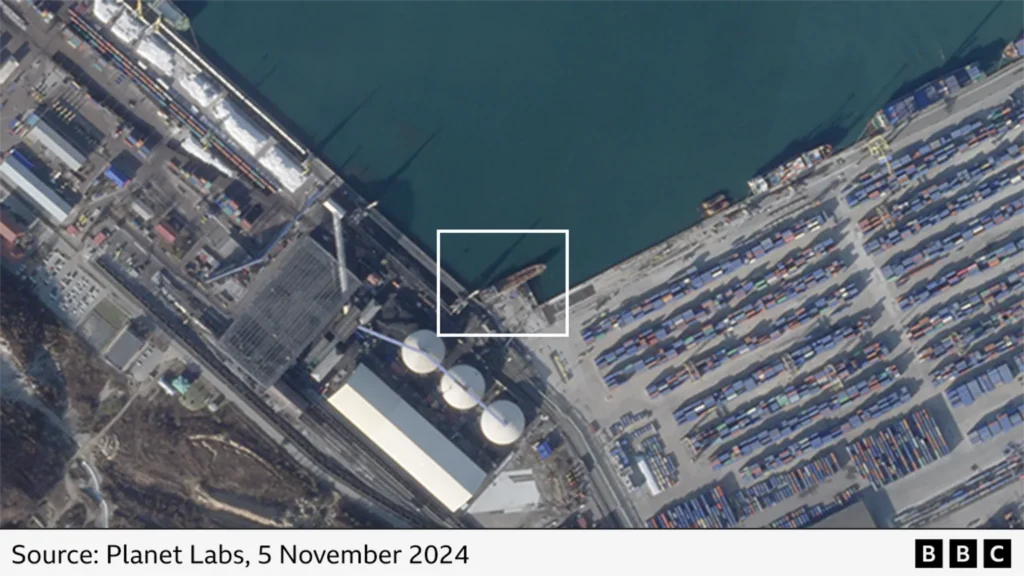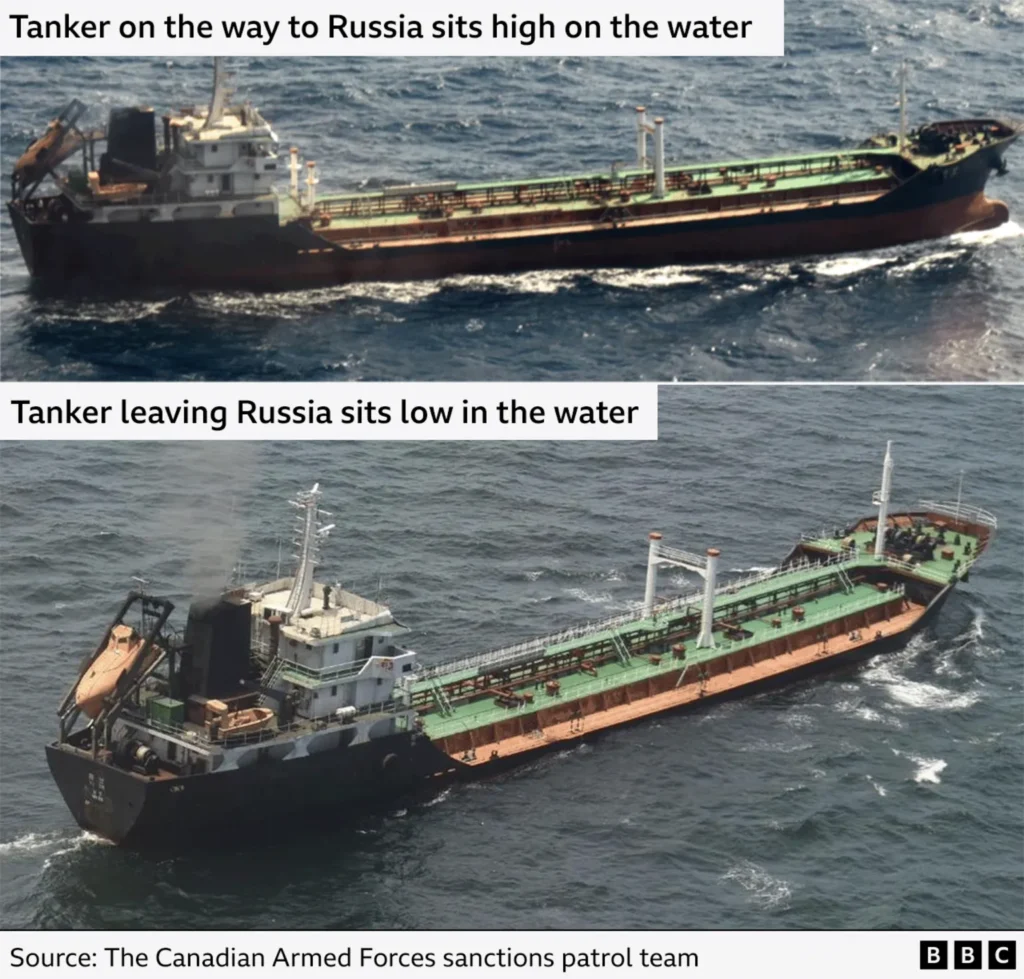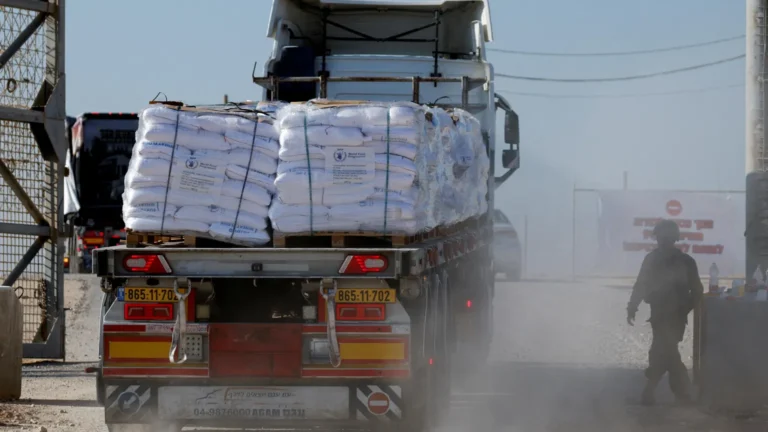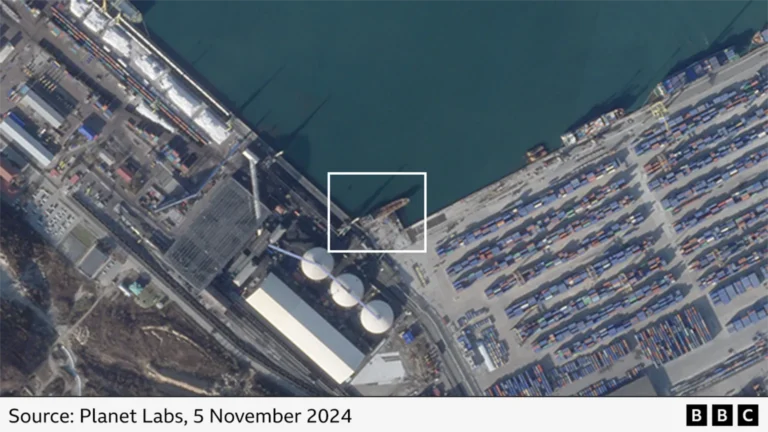
The BBC reports on evidence indicating that Russia has been supplying North Korea with over a million barrels of oil since March 2024, a clear violation of United Nations sanctions. The Open Source Centre, a UK-based nonprofit research group, has documented these transactions using satellite imagery, revealing 43 journeys by North Korean oil tankers to Russia’s Vostochny Port. These tankers were observed arriving empty and departing almost fully loaded with oil, often operating with their trackers off to avoid detection.
This oil supply is allegedly part of a quid pro quo arrangement between Moscow and Pyongyang. North Korea is providing Russia with weapons and troops to support its war in Ukraine in exchange for oil. Such activities are prohibited under UN sanctions, which restrict North Korea’s annual oil imports to 500,000 barrels, far below its estimated need of nine million barrels. Despite this cap, Russia has reportedly provided more than double the permissible amount in 2024 alone.
Experts, including Joe Byrne of the Open Source Centre, emphasize that this oil transfer helps stabilize North Korea’s economy and military operations. The oil is essential for running missile transport systems, munitions factories, and other critical infrastructure in the isolated nation. North Korea traditionally acquires oil through risky, expensive illicit methods such as ship-to-ship transfers at sea. In contrast, the direct supply from Russia is likely of higher quality and possibly free, making it a significant advantage for Pyongyang.

These clandestine transactions have broader geopolitical implications. North Korean artillery shells and rockets have been traced to battlefields in Ukraine, and intelligence reports suggest thousands of North Korean troops are fighting alongside Russian forces. Additionally, analysts warn that North Korea may seek advanced military technology from Russia, including improved satellite and missile capabilities, which could destabilize the Korean peninsula and beyond.
Russia’s actions also underscore a disregard for international law. Moscow, a permanent member of the UN Security Council, played a key role in passing the sanctions it now openly violates. Furthermore, Russia used its veto power to disband the UN panel monitoring sanctions on North Korea in March 2024, effectively removing oversight and enabling continued oil transfers. Many of the vessels involved in these shipments are already individually sanctioned by the UN, meaning they should have been impounded upon entering Russian waters.
Experts believe the increasing alignment between autocratic regimes like Russia and North Korea poses a growing threat to global security. This partnership illustrates a willingness to disregard international norms for mutual benefit. Hugh Griffiths, a former UN sanctions panel leader, described the situation as “oil for missiles, oil for artillery, and now oil for soldiers.”
The South Korean government has condemned these actions, pledging a stern response. Officials fear that closer ties between Russia and North Korea could lead to the transfer of critical military technology, which would heighten security risks in the region.
In conclusion, the oil transfers symbolize the deepening ties between Russia and North Korea, driven by mutual needs amid international isolation. While the immediate benefits to both nations are clear, the long-term ramifications for global security, particularly in Europe and the Indo-Pacific, are potentially severe.






